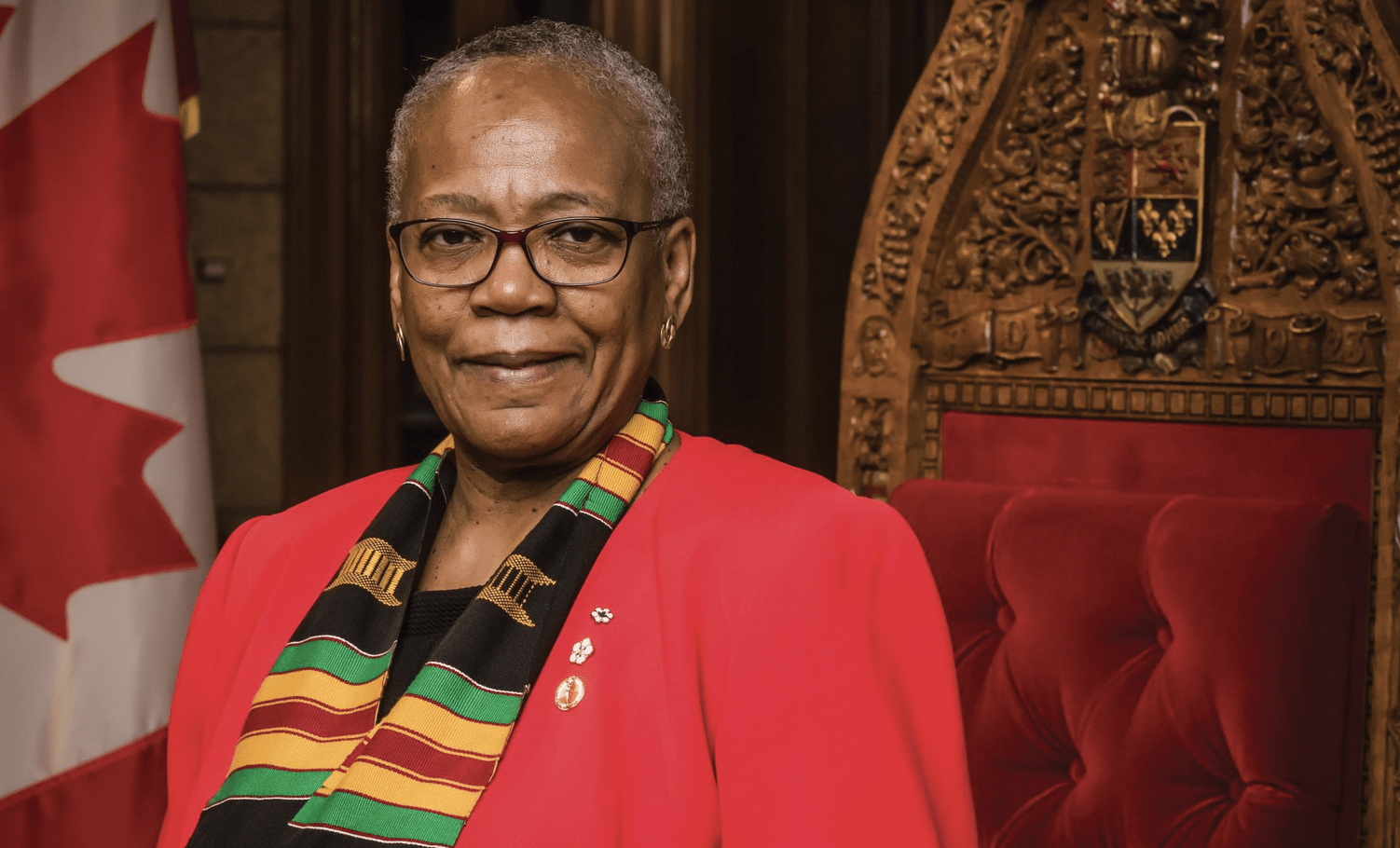Our Special Issue: The Canadian Idea

Welcome to our 2019 summer special issue, The Canadian Idea. In 1850, abolitionist preacher Theodore Parker defined the American idea around equal rights. As there’s never really been an equivalent “Canadian idea” (notwithstanding the famous “As Canadian as possible under the circumstances” entry via Peter Gzowski) we wanted to unleash some of our regular contributors and favourite voices on the notion. We asked that they write about what Canada represents to them, in more personal than political terms. The results are a great summer read.
The Canadian Idea:
In The Evolution of Arrival, longtime CBC anchor Peter Mansbridge, himself an immigrant from post-war Britain, writes: “The country has changed a lot in the sixty-five years since I walked down that gangway, not much more than a toddler, and I’ve witnessed Canada change and grow and mature.”
As a reporter and author on Quebec, and for a decade as Commissioner of Official Languages in Ottawa, Graham Fraser has long seen the country Through the Lens of Language. In the Canadian experience, he writes that “the longest history and the deepest fault line has been that of language.”

After a career as an advocate for Nova Scotia’s Black community and warrior against racism, Wanda Thomas Bernard (above) became a Senator in 2016. “Despite being historically perceived as a ‘Promised Land’ and 185 years after emancipation,” she writes, “people of African descent still do not have equitable access to opportunity in Canada.” Here’s Racism in Canada: Planting the Seeds of Inclusion.
Pollster Shachi Kurl, executive director of the Angus Reid Institute, considers the attitude of Canadians towards first-generation born Canadians of immigrant parents, describing her own experience as the daughter of parents from India growing up in Canada’s official multiculturalism. Here’s From My Parents Homeland to My Own.
Elizabeth May has a favourite way of seeing Canada and talking to voters—on the train. In Big Country, Small World, she describes not just the political value but personal growth dividend of spending half her life traveling across the country. “Honestly,” she writes, “I do not think that anyone who has not seen the country by rail—or at least by leisurely road trip—can claim to have seen it at all.”
In An American in Canada: It’s Complicated, Sarah Goldfeder, a State Department veteran who stayed in Canada after her last posting and is now an Ottawa-based consultant, writes, “When Americans ask me how I find living in Canada, it’s a hard question,” she notes. “I chose Canada but I love my country.”

As secretary general of the Organisation for Economic Development and Cooperation (OECD), Don Johnston saw Canada as a nation among nations. As a longtime Liberal cabinet minister under Pierre Trudeau, he saw the country in ways most people never do. In Better Than Good Enough, he reminds us of how valuable Canada has become in a context of global turmoil, and recalls a visit to Sable Island with Pierre Trudeau and Mordecai Richler (above) as his quintessential Canadian moment.
In The Canadian Idea that Spawned the Others, Tom Axworthy, who served as principal secretary to Pierre Trudeau, argues that the values of inclusion and pluralism that we now embrace as Canadian had to evolve from tolerance, and without it, there would be no Charter of Rights and Freedoms.
In The Conscience of the Country, Dalhousie University’s Lori Turnbull describes what has happened since the patriation of the Constitution and enactment of the Charter in 1982. As constitutions around the world become targets for populists, Canada’s remains a model for the protection of rights and the codification of democratic governance.
Our resident foreign policy writer, Jeremy Kinsman, has served Canada in its most senior diplomatic roles, as ambassador to Russia, the U.K. and EU, and has witnessed firsthand the evolution of Canada’s international image. One major change? People no longer think Canadians aren’t interesting. Here’s May You Live in Canadian Times.
And, last but never least, our regular columnist Don Newman, who has written a series of excellent pieces for Policy on the election-year exigencies of energy policy, looks at the pre-election landscape and surmises things could be much worse. Here’s The Best of Times. Seriously.
Visit us at Policy, where you’ll find our latest Specials, Columns, Dispatches, Analysis, Book Reviews and Verbatim sections, plus The Week in Policy and all our posted print issues.
